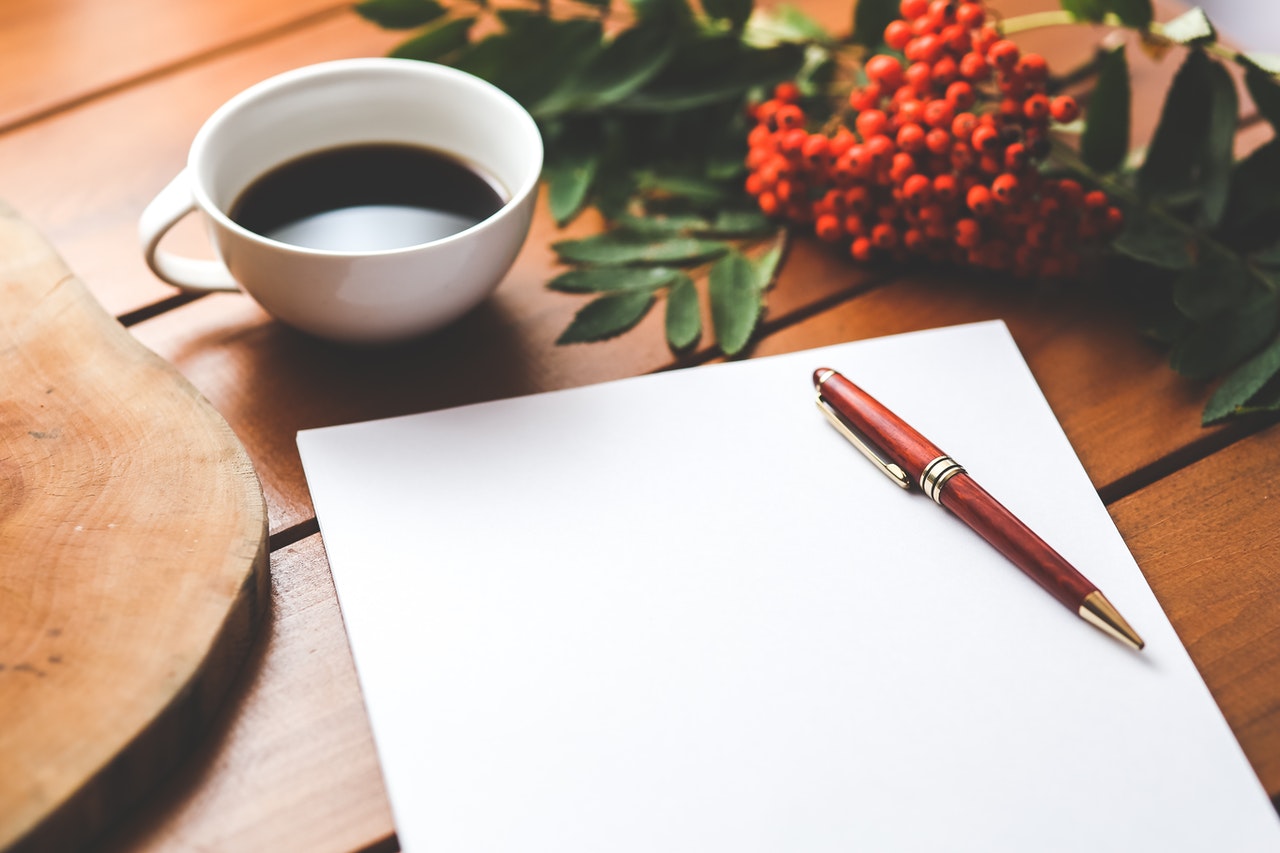A formal letter has a set of layout, structure and correct language to be used. Briefly it should contain the following:
- Sender Details (Name, Address, Email …)
- Current Date
- Recipient Details (Name, Address, Email …)
- Greeting, ex: ‘Dear Mrs Jane,’
- Introduction (paragraph 1)
- Message (paragraph 2 & 3)
- Conclusion (paragraph 4)
- Salutation, ex: ‘Your Sincerely,’ following your name on the next line
Sender Details
Sender details is a block that contains your full name, address, postcode, country, email and on the next line, it should include the current date.
Bailey Queen
9 Kingsway
EH25 6WB
United Kingdom
bailey@queen.co.uk
Recipient Details
Recipient details is another block that contains your full name, address, postcode, country, email.
Allison Lopez
13 Main Street
MK76 2IU
United Kingdom
allison@lopez.com
Greeting
Greeting is one of the most important thing in a formal letter. You need to address to the recipeint, his/her name and it is optional to add the title of the person. Don’t forget to add the comma ‘,’ at the end.
Dear Mrs Angelina,
or without title, it should be like
Dear Angelina,
Introduction
Begin the first line with indentation then briefly state the purpose of your letter without going much into detail.
Message (Content)
The Message can be written in one paragraph. Elaborate your subject & purpose that you mentioned in your introduction. If content is getting lengthy (let’s say more that seven lines), it’s fine to jump into a second paragraph.
Conclusion
To end a formal letter, you should restate your purpose of writing the letter in question and you can also add a gratitude sentence for the recipient.
Salutation
The last step is to have a Signing off for your respondent
Yours Sincerely,
Bailey Queen
alternately,
Yours Faithfully,
Bailey Queen
Try to proofread your letter for correcting grammatical and spelling errors. You can use our online tool to generate a formal letter here
You’re Done!



